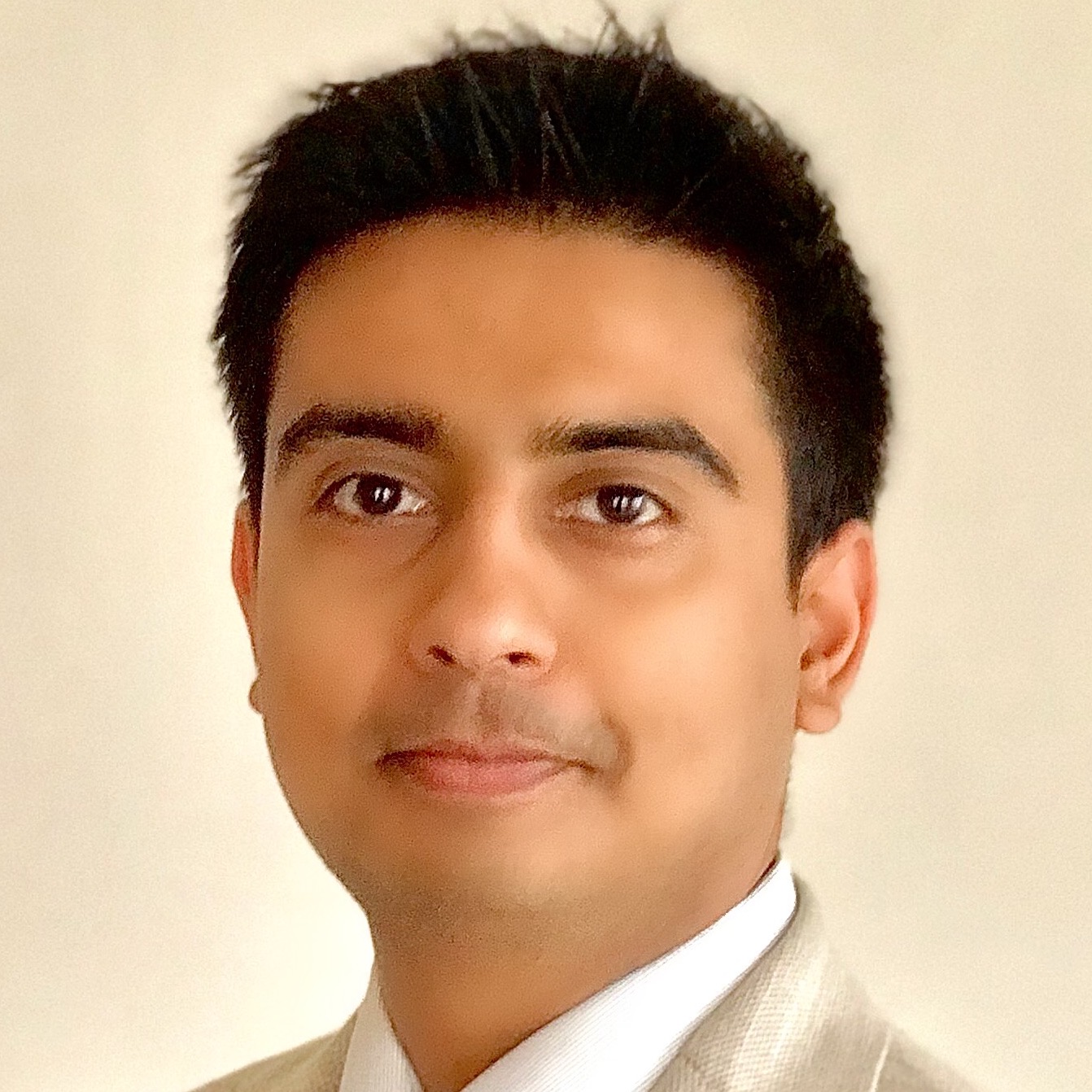Columns
Pandemic of pseudoscience
Don't believe everything you hear about the coronavirus and how to prevent infection..jpg&w=900&height=601)
Dr Shashwat Pokharel
No matter where we live, and regardless of what our identities or varied beliefs are, the SARS-CoV-2 virus will keep doing what it has evolved to do—try to infect as many people as possible to ensure its own survival—apathetic to any of our concerns. As it is holding the world hostage, anxious people have formed countless opinions on the best ways to fight it. But should we consider every opinion with equal regard?
I watched Dr Sundar Mani Dixit’s viral video where he shows how to rinse the inside of our nose with a jar to prevent the virus from entering our lungs. While rinsing the nasal cavities can help reduce symptoms in some people with allergies, it is unlikely that it will prevent the virus from entering the lungs. This is because viruses usually attach to our tissues at the molecular level, and simple cleaning is not enough to remove them. Even washing our hands with just water is not enough, we also need to use soap as it dissolves the fatty coating of the novel coronavirus and makes it non-functional. How plausible then is the idea that simple rinsing will clear our nose? Despite his claim of the West not having figured this out, sinus care experts in the United States suggest that rinsing our nose may instead spread the virus further. In the absence of any clinical evidence of its benefits, how responsible is it for a respected senior physician like Dr Dixit to call out to the unassuming public through such a lurid video?
Homoeopathic medicines
Another problematic news story is that of a couple of homoeopathic practitioners from Bhaktapur claiming that Arsenic Album 30C, a homoeopathic formulation, is an effective prevention against the SARS-CoV-2 virus. There are several problems with this claim. The first is that homoeopathy is a pseudoscientific practice in itself, given credibility by the Nepal government owing to its ridiculously poor scientific standards. Second, more than 500 powerful clinical trials (experiments) show that homoeopathic medicines are as good as (not better than) water or simple sugar pills called placebo. Those studies which sometimes do show good results are always poor in quality and unreliable.
Third, Arsenic Album 30C is prepared after diluting arsenic trioxide multiple times in water (comparable to sprinkling a pinch of it on Rara Lake) so that no trace of the active substance remains in the solution at all. In short, Arsenic Album 30C is just water marketed as 'medicine'. Since homoeopathic formulations are inert, they are usually safe to consume. Safe but ineffective. However, the harm lies especially in spreading such false claims by such unqualified people or in giving people false reassurances about futile treatments. This is a seriously condemnable act during such a grave time. The spreading of misinformation about Covid-19 on social media these days is rampant. These are just some fresh examples. People like Baba Ramdev and members of some Hindu nationalist parties in India have gone so far as to suggest that cow urine prevents Covid-19.
When a Christian pastor’s 'faith-healing' against the coronavirus went viral in Nepal, many people were quick to condemn it, which is good. Nevertheless, when their own cultural leaders suggest untested means like bovine urine or ayurvedic juice to prevent the virus, most accept it without scrutiny owing to their biases. Some celebrity astrologers have also jumped on the bandwagon of spreading fake news to suggest that some graha-dasha is responsible for this pandemic in Nepal. They propose some preposterous strategies as guaranteed solutions. Many people seriously believe them, even when scientists and scholars constantly dismiss and debunk astrology.
Misinformation and pseudoscience at first seem benign, but it can turn ugly in many ways. One current example of pseudoscience doing harm comes from Iran, where over 700 people lost their lives after drinking toxic methanol hoping to cure or prevent Covid-19. United States President Donald Trump also declared last month that a medicine non-rigorously tested against SARS-CoV-2, hydroxychloroquine, was an effective cure for this virus, which led many in his country and some African countries to consume it and suffer from its deadly side effects. An old but famous example of science-denial is the Mbeki South African government’s denial of HIV/AIDS, which led it to refuse drugs for pregnant women with the virus. As a result, more than 300,000 lives were adversely affected by the disease. This is why it is crucial for all of us to stick to verified scientific guidelines. We should always weigh the harm-to-benefit ratio of any 'cure' before approving them for public consumption. Premature fanfare and cure claims are, therefore, dangerous and irresponsible.
Fake news
This is not to imply that people like Dr Dixit and the aforementioned homoeopaths always have ill intentions. They may be genuinely trying to help, but their unconscious spreading of false information might harm more people than benefit them. If we fall victim to the vicious cascade of misinformation and pseudoscience, then we may reject the modalities that may benefit us and embrace those that are harmful or are of no use at all. If not addressed, we may also slip down the slope of fake news—towards disastrous ignorance, bigotry and prejudice.
Research also shows that a greatly frightened population, when misinformed, tends to be more xenophobic. We can see that now as many people in Nepal and India were blaming Muslims for the spread of Covid-19. Not all opinions bear equal weight. We should strictly form a habit to verify anything before sharing or propagating them. Critical—and scientific—thinking is vital to fighting this pandemic in the best possible way.




 9.7°C Kathmandu
9.7°C Kathmandu















